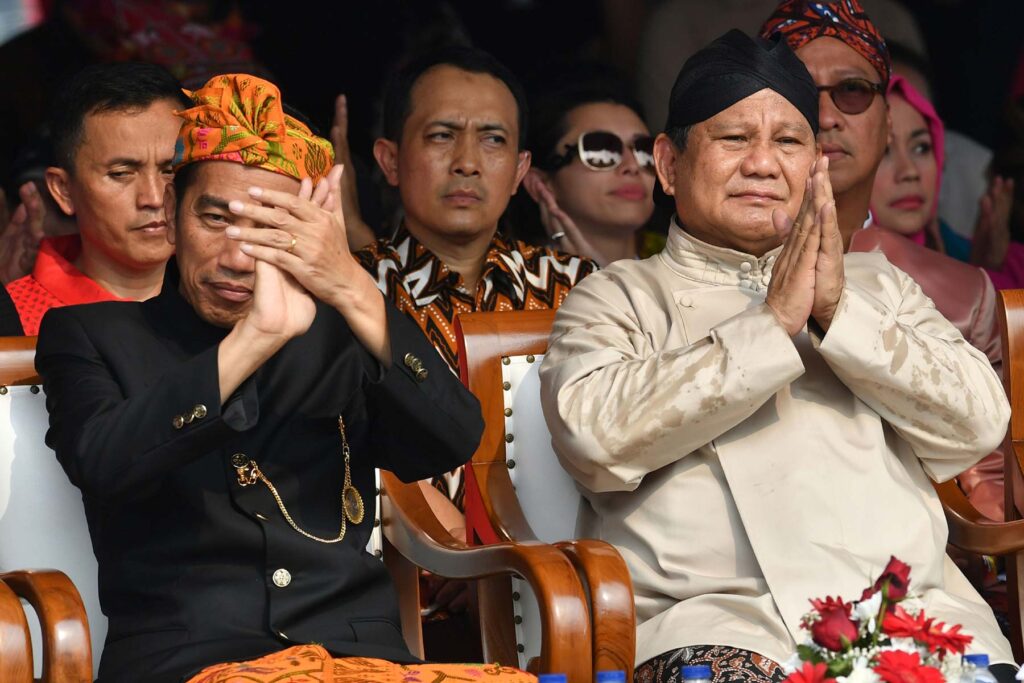CampusNet – Education is the fundamental foundation of a nation’s development. However, in Indonesia, the recurring question is: is education truly capable of enhancing human resource quality, or is it merely a political tool filled with empty promises?
The Reality of Education in Indonesia
The government consistently emphasizes its commitment to education, allocating a significant budget each year. In the 2024 state budget (APBN), the education sector received approximately 20% of the total national budget, in accordance with the 1945 Constitution. However, does this figure align with actual improvements in education quality?
Several indicators suggest that Indonesia’s education system still faces numerous challenges:
- Educational Quality Disparities
- Urban schools generally have better facilities compared to those in rural or remote areas.
- The lack of qualified teachers and adequate infrastructure remains a major issue in many regions.
- Low Learning Quality
- According to the Programme for International Student Assessment (PISA) report, Indonesian students’ reading, mathematics, and science skills remain below the global average.
- The curriculum is overly dense yet lacks practical applications, leading students to focus more on rote memorization than conceptual understanding.
- Weak Connection with the Workforce
- Many graduates struggle to find jobs due to a lack of industry-relevant skills.
- Vocational education, which is expected to be a solution, still faces challenges in aligning with industry needs.
Politics and Education: Realization or Mere Promises?
Every government administration introduces new education policies, claiming to be solutions to existing problems. However, these policies often change based on political interests rather than actual educational needs.
- Lack of Policy Consistency: Several education policies, such as the 2013 Curriculum and the Merdeka Curriculum, have undergone frequent changes, causing confusion for educators and students.
- Free Education That Is Not Entirely Free: Despite the School Operational Assistance (BOS) program, many parents still struggle with high education costs, including uniforms, books, and extracurricular activities.
- Promises of Digitalized Education: The government frequently promotes digital education programs, but implementation remains limited, especially in areas with poor internet access.
Towards a Truly Capable Education System
To ensure that education in Indonesia is not merely a political campaign tool, several key steps must be taken:
- Improving Teacher Quality: Regular training and better welfare for teachers should be a top priority.
- Equal Access to Education: The government must ensure that every child, whether in urban or rural areas, has access to quality education.
- Relevant Curriculum: The curriculum should be more focused on 21st-century skills and workforce demands.
- Long-Term Commitment: Education policies should be managed sustainably without excessive political interference that drastically alters their direction.
Conclusion
Education in Indonesia still faces numerous challenges, and many policies appear to be more populist than actual solutions. If education is to truly enhance human resource quality, consistency, data-driven evaluations, and sustainable policies must be prioritized. Education is not just a political tool but an investment in the nation’s future.

